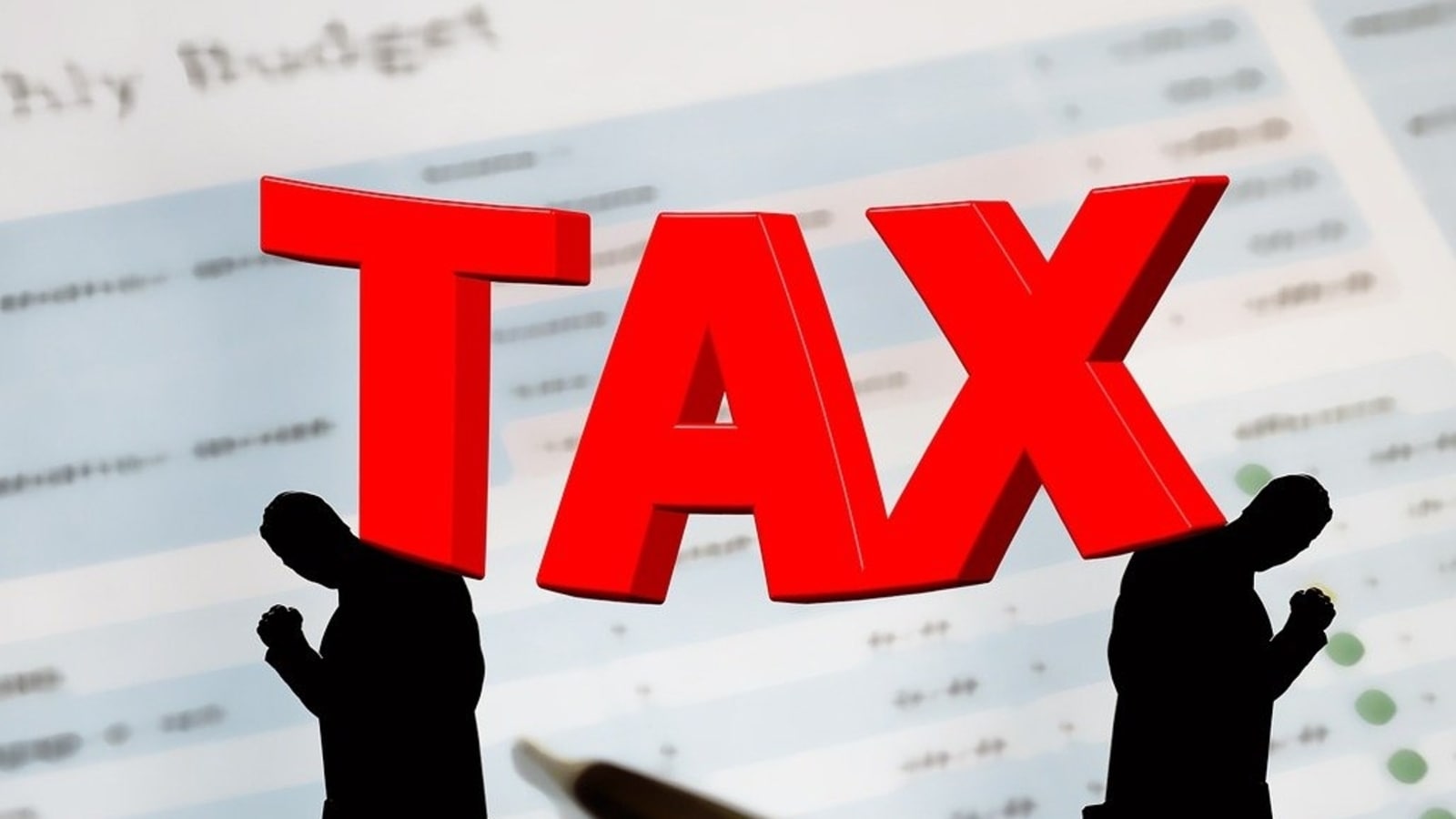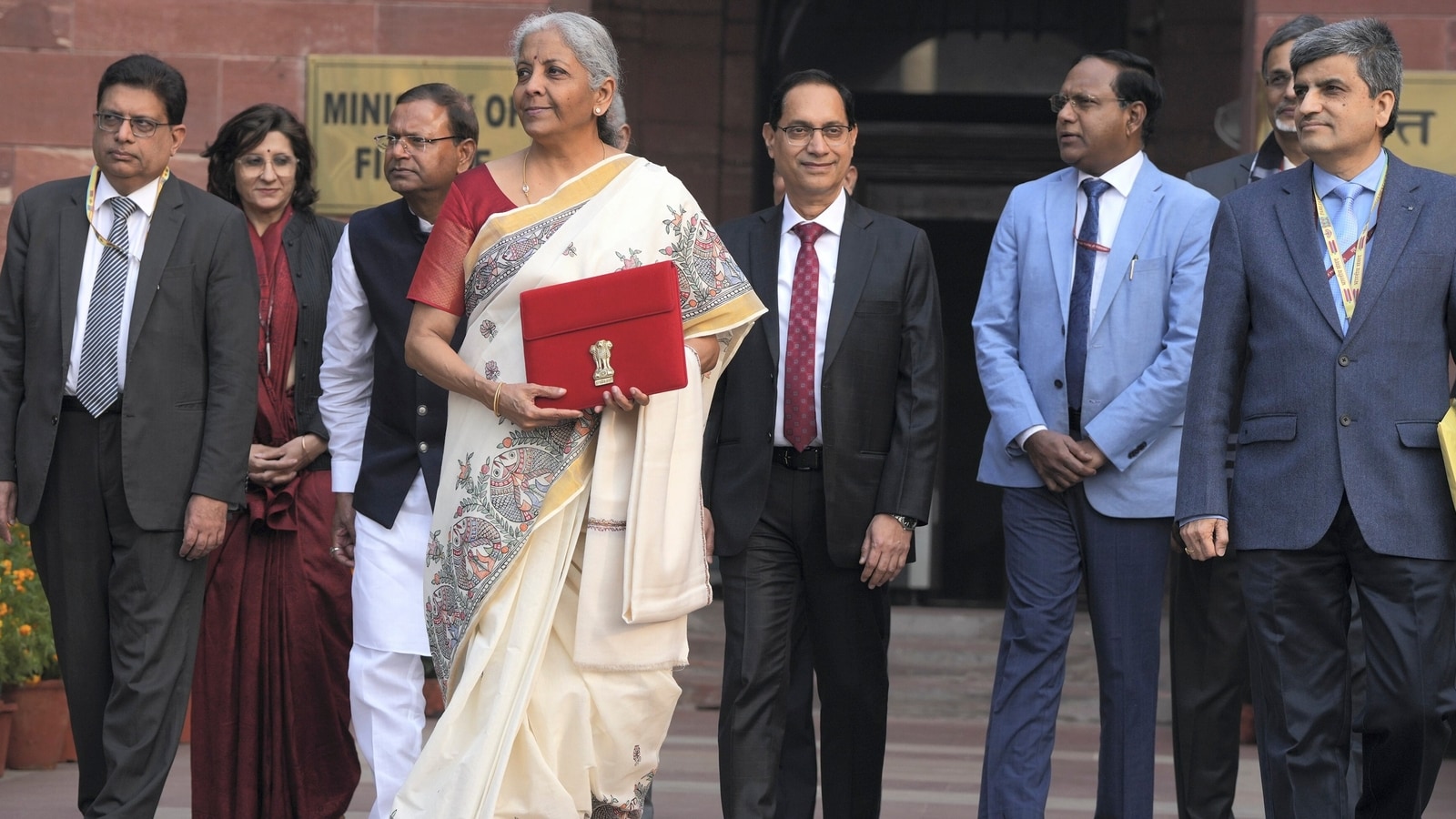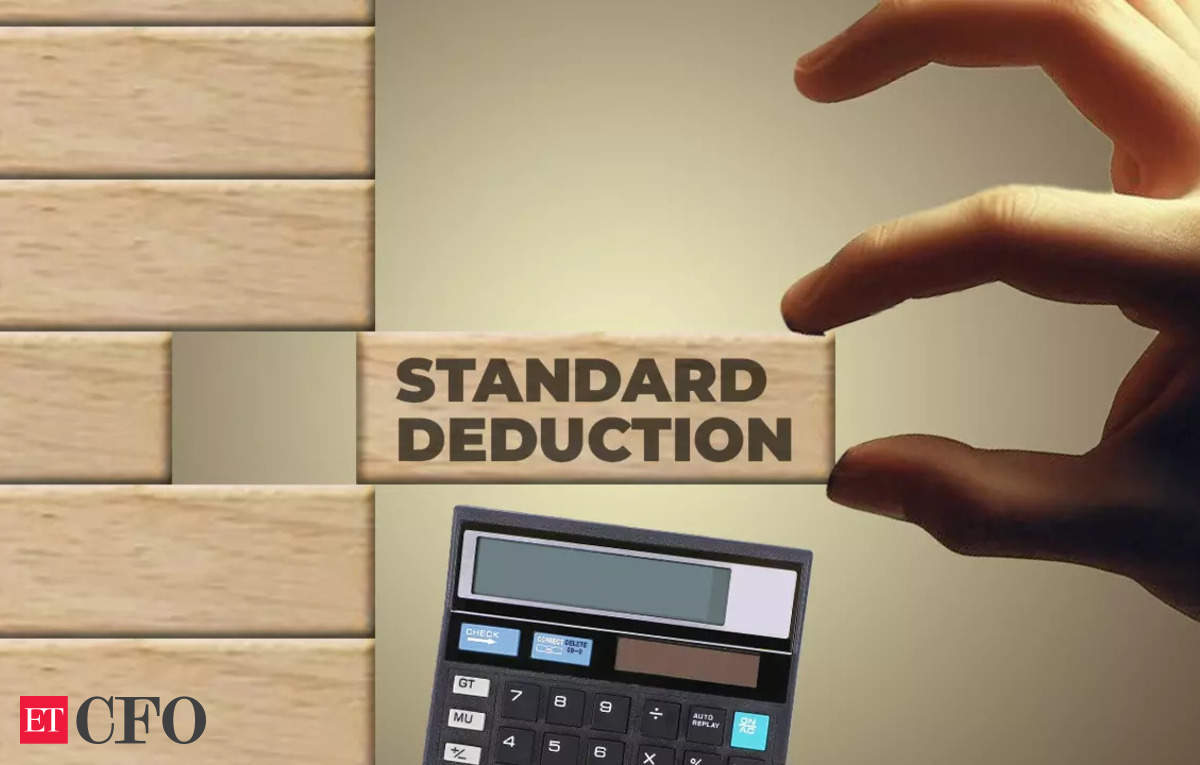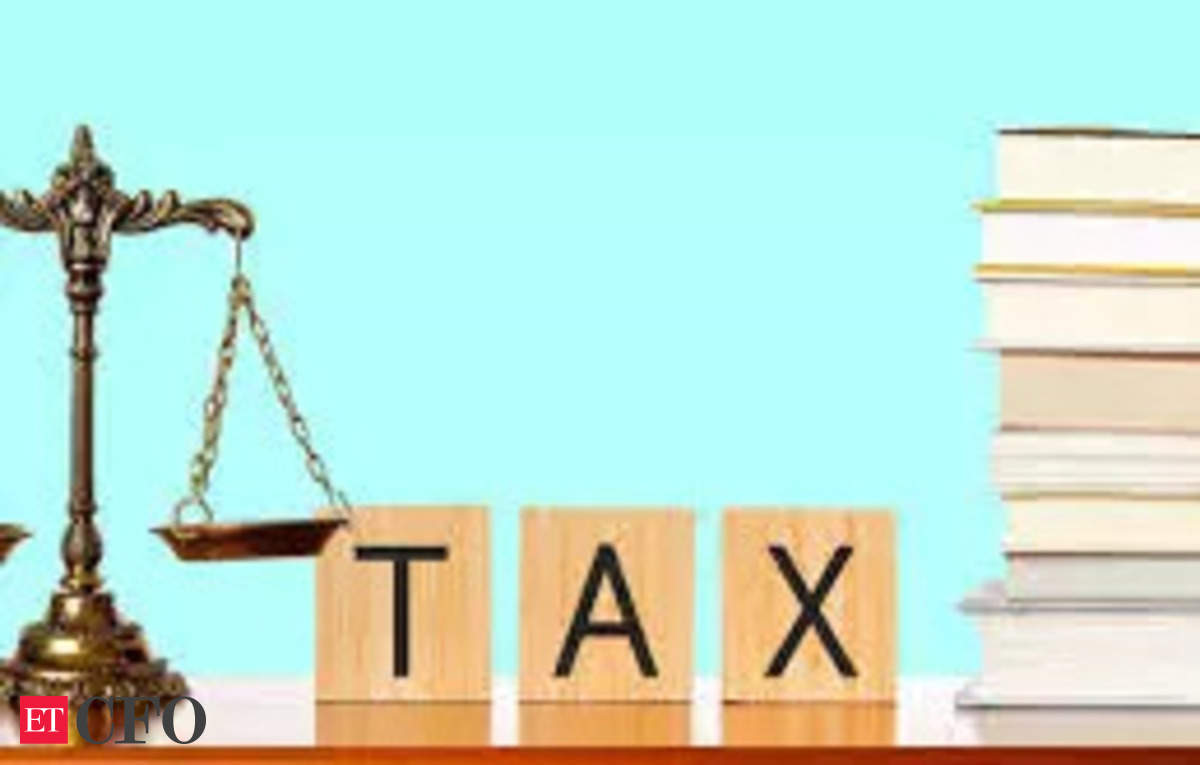The Delhi High Court recently issued a significant ruling mandating the re-adjudication of two Show Cause Notices (SCNs) concerning Goods and Services Tax (GST). The case involved the applicant, Dinesh Kumar Varma, contesting an order under section 73 of the Central Goods and Services Tax Act, 2017, which led to the issuance of SCNs by two different officers for the identical tax period. Let’s delve into the details of this legal development and its implications.
Background: Dinesh Kumar Varma, the petitioner, challenged an order issued by the Sales Tax Officer, Class-II, which resulted in the creation of a demand of Rs. 15,53,240 against him. The petitioner’s counsel highlighted that the applicant was unaware of one of the SCNs and could not respond to it. It came to light that another SCN for the same tax period had been adjudicated, leading to the creation of an identical demand against the petitioner.
Court’s Observation: The Delhi High Court, led by a division bench of Justice Sanjeev Sachdeva and Justice Purushaindra Kumar Kaurav, examined both SCNs and orders related to the same tax period. It was noted that both SCNs were issued by different officers from the same jurisdictional office, creating confusion and duplicity in the demands raised against the petitioner.
Court’s Decision: In a landmark decision, the court ordered the clubbing of proceedings related to both SCNs. It ruled that the re-adjudication of these SCNs would be conducted by one proper officer as per the law. The petitioner was given a timeframe of 30 days to respond to both SCNs, following which the proper officer would adjudicate the notices within the specified duration under section 75(3) of the GST Act.
Legal Implications: This ruling sets a precedent for ensuring fairness and consistency in GST proceedings. By consolidating the adjudication process under one proper officer, the court aims to streamline the legal proceedings and prevent confusion arising from multiple notices issued for the same tax period.
Conclusion: The Delhi High Court’s directive for the re-adjudication of GST notices marks a significant step towards ensuring procedural integrity and fairness in tax-related matters. It underscores the judiciary’s commitment to upholding the principles of justice and transparency in the administration of GST laws.
Case Details:
- Case Title: Dinesh Kumar Varma VS Sales Tax Officer Class
- Citation: W.P.(C) 5487/2024 & CM APPL. 22593/2024
- Date: 22.04.2024
- For the Petitioner: Mr. Ajit Kumar Jha, Advocate
- For the Respondent: Appearance not given
Similar Case study below :
Read Order
Visit www.cagurujiclasses.com for practical courses











